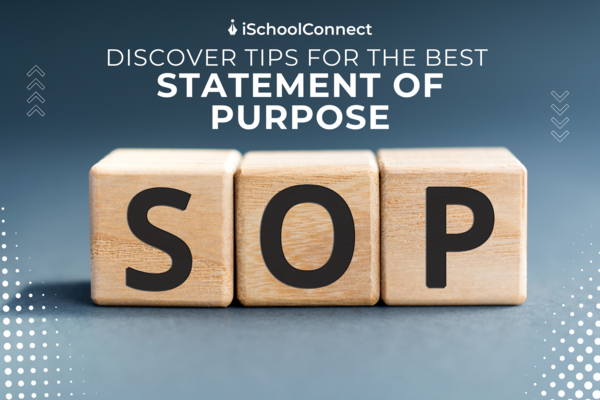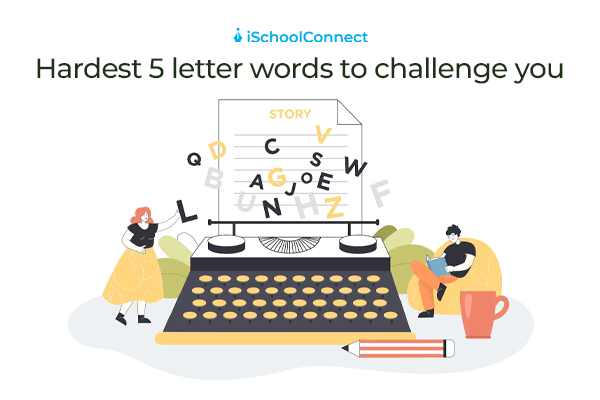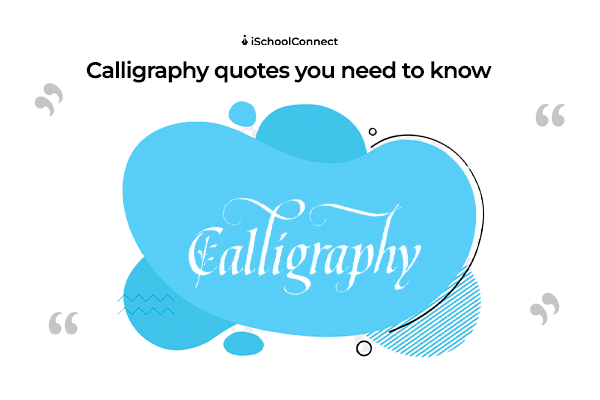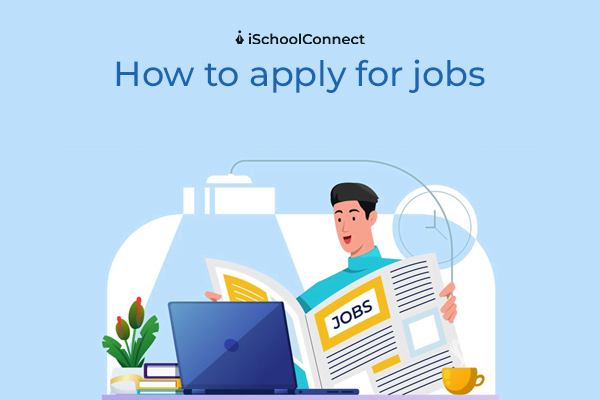Table of Contents
- 1. Conversational Interviews
- 2. Behavioural Interviews
- 3. Task-Oriented Interviews
- 4. Stress Interviews
- 5. Panel Interviews
- 6. Phone Interviews: The Digital First Date:
- 7. Video Interviews – The Modern Handshake:
- How to perform well
- Group Interviews – The Professional Cocktail Party:
- Case Interviews – The Business Puzzle Solver:
- Technical Interviews – The Skills Showcase:
- Second Interviews – The Deep Dive:
- Lunch Interviews – The Professional Meal:
- Types of Interview Questions
- The Basic Background Check: Let’s Get the Facts Straight!
- Credential Verification:
- Experience Check Questions:
- The Opinion Observatory: What Makes You Tick?
- Opinion Questions:
- The Behavior Detective: Show & Tell From Your Past
- Behavioral Questions:
- The Competency Showcase: Your Skills in the Spotlight
- Competency Questions:
- The Brain Workout: Time to Think on Your Feet!
- Brain Teaser Questions:
- The Problem-Solving Performance: Your Analysis in Action
- Case Questions:
- The “What If” Workshop: Your Future Problem-Solving Skills
- Hypothetical Questions:
- The Creative Corner: Time to Think Different!
- Outside-the-Box Questions:
- Pro Tips for Every Question Type:
- Key Takeaways
- FAQs
Statistically, a job interview that is 10% more challenging and innovative in its approach will lead to 2.6% higher employee satisfaction. The current job market is saturated with graduates who are highly skilled and over-qualified. Therefore, there is now an emergence of new and novel types of interview styles to challenge and stimulate candidates as creatively as possible.
Companies around the world are adopting unique and unconventional ways of testing a candidate’s proficiency and knowledge.
Are you a graduate with the relevant qualification waiting to secure your dream employment opportunity? If yes, then advance preparation for any kind of interview you may face can be beneficial.
Here are the 12 most popular types of interview styles that you should know of!
1. Conversational Interviews
- Conversational interviews are among the most common types of interview styles.
- These are creating an amicable environment that can encourage open-ended questions from both sides.
- Conversational interviews are one-on-one. Some employers may even consider taking the interview out of the workplace and conducting the same in an informal setting like a coffee shop.
How to perform well?
- Approach the interview as honestly and politely as possible.
- Go through your CV thoroughly to ensure there are no discrepancies. This is primarily because conversational interviewers will have a copy of your CV handy when conducting the same.
- Do not interrupt the interviewer and allow them to finish their statements and questions before replying.
2. Behavioural Interviews
- Behavioral interviews are among the types of interview styles that are getting to know your thinking patterns and how you will behave in certain situations.
- Questions asked in these types of interviews can range from being broad (“Tell me about how you work under pressure”) to specific (designed to highlight a certain situation in the workplace).
- The latter type of question helps interviewers understand how you will behave in different kinds of professional situations.
How to perform well?
- When answering behavioral questions, it is important to identify the following:
- Situation – The background and context.
- Target – The goal to achieve and barriers to overcome.
- Action – The action you take to overcome the barriers.
- Result – The outcome to expect as a result of your action.
- Consider spending some time researching different kinds of behavioral questions and structuring your answers according to the above tips.
3. Task-Oriented Interviews
- Task-oriented interviews are a specific type of interview that provides room for you to demonstrate your analytical & creative abilities.
- The questions can often be solved with specific tasks & exercises.
- Some interviewers may even present you with a test to evaluate your technical skills & knowledge.
- Presenting a presentation is an example of a task-oriented interview that helps determine your abilities to translate data and communicate effectively.
How to perform well?
- Revising key concepts and skills before this type of interview can be a great way to prepare and present with confidence.
- There is absolutely no problem in asking for clarification on the task that you need to complete during the interview. Clearly understanding of what to expect can help you perform accordingly.
- Remember to be calm and focused on the skills and knowledge that you picked up during the course of your formal training.
4. Stress Interviews
- Stress interviews are among the types of interview styles that are most recognized for their grueling nature.
- These interviews deliberately put you in a stressful situation.
- Stress interviews are used to recruit candidates for high-pressure positions.
- The interviewing style is aggressive and can be a great way to understand how you respond under pressure and scrutiny.
How to perform well?
- Performing well in these types of interview styles is as simple as keeping your cool in the face of aggressive questioning.
- Remember not to lose your cool. Responding to each question as politely and professionally as possible can definitely earn you brownie points!
- Stick to answering as honestly as possible. Providing misleading answers can be detrimental to your securing the opportunity, if & when recognized.
Read more: 7 amazing interview tips to make a lasting impression!
5. Panel Interviews
- If the position you are applying for includes working in a team and reporting to several people, panel interviews are often part of the selection.
- In a panel interview, questions are asked by more than one interviewer at a time. Some companies may even conduct panel interviews with 5 interviewers questioning 1 candidate!
- The interviewers comprising the panel will often represent different areas of the company.
How to perform well?
- Since your interviewers perform different roles in the company, it is important to understand that each representative will consider your application differently.
- Doing some research on the Head of Departments in the organization beforehand is a great way to be well-prepared.
- If needed, you can also ask for a brief introduction to the different panel members before beginning the interview.
- Answer each question directly, and consider elaborating by approaching the perspectives of the other panel members. For example, when talking about managing a team, you can also emphasize the need for interdepartmental cooperation.
6. Phone Interviews: The Digital First Date:
What it really is: Your voice is your superpower here – that first chance to make the recruiter’s ears perk up with interest
How to perform well?
Create your own mini command center – resume, company notes, and a glass of water within reach
Stand up or walk around to boost your energy levels (seriously, it works!)
Use verbal nods like “I understand” since they can’t see you nodding
Practice the art of the pause – it’s better than filling silence with “ums”
7. Video Interviews – The Modern Handshake:
What it really is: A window into your professional world – literally and figuratively
How to perform well
Turn your space into a mini TV studio – clean background, good lighting, camera at eye level
Dress like you’re meeting the CEO, even if you’re chatting from your living room
Master the art of digital eye contact – look at that camera lens!
Have a backup plan for tech issues (phone number ready, alternative device charged)
Group Interviews – The Professional Cocktail Party:
What it really is: A chance to show how well you play with others while still standing out
How to perform well?
- Strike the balance between leader and team player
- Make others look good – it actually makes you look better
- Stay engaged even when you’re not speaking
- Find ways to build on others’ ideas constructively
Read more: C++ Interview Questions for Professionals | Top questions
Case Interviews – The Business Puzzle Solver:
What it really is: Like being a detective solving a business mystery in real-time
How to perform well?
- Think out loud – show your problem-solving process
- Break big problems into bite-sized pieces
- Ask clarifying questions – it shows thoroughness
- Draw frameworks or diagrams if needed – visual thinking impresses
Technical Interviews – The Skills Showcase:
What it really is: Your chance to prove you can walk the technical talk
How to perform well?
- Explain your thought process as you solve problems
- Don’t be afraid to admit when you need to work through something
- Show enthusiasm for complex challenges
- Connect technical solutions to real business impact
Second Interviews – The Deep Dive:
What it really is: Like a second date – they already like you, now they want to know more
How to perform well?
- Build on what you discussed in the first interview
- Come armed with more detailed questions about the role
- Show you’ve done even more company research
- Be ready to discuss salary and start dates confidently
Lunch Interviews – The Professional Meal:
What it really is: Testing your social skills while you navigate a menu
How to perform well?
- Order something easy to eat – avoid the spaghetti!
- Mirror your interviewer’s pace with food
- Stay professional even in a casual setting
- Use the informal environment to show your personality
Discover: UK Interview questions for student VISA
Types of Interview Questions
Ever wondered why interviewers ask such a wide range of questions? From basic facts to brain-bending puzzles, each question type serves as a unique window into who you are. Let’s decode different types of interview questions in a way that makes perfect sense:
The Basic Background Check: Let’s Get the Facts Straight!
Credential Verification:
- Like showing your ID at a club – they just need to know you are who you say you are
- Those “What was your GPA?” and “When did you start at Company X?” questions
- Pro tip: Know your resume like your favorite playlist – every date, every detail!
- The Experience Explorer: Proving You’ve Been There, Done That
Experience Check Questions:
- Going beyond the paper trail to your real-world adventures
- Questions like “What did you actually learn?” and “What was your day-to-day like?”
- Think of it as sharing your professional highlight reel
The Opinion Observatory: What Makes You Tick?
Opinion Questions:
- Your chance to show your thought process and values
- No right answers – just honest ones!
- Like coffee or tea? There’s no wrong choice, but your reasoning matters
The Behavior Detective: Show & Tell From Your Past
Behavioral Questions:
- Your professional greatest hits album
- Those “Tell me about a time when…” questions
- Each answer is a mini-story about your workplace adventures
The Competency Showcase: Your Skills in the Spotlight
Competency Questions:
- Time to flex those professional muscles!
- Show how you’ve used your skills in real situations
- Think STAR method: your workplace victory stories
The Brain Workout: Time to Think on Your Feet!
Brain Teaser Questions:
The “Why are manhole covers round?” type puzzlers
- Not about the answer, but how you get there
- Show them how your mind works under pressure
The Problem-Solving Performance: Your Analysis in Action
Case Questions:
- Like being a business detective
- “How many pizzas are sold in Chicago daily?”
- Show your logical thinking and estimation skills
The “What If” Workshop: Your Future Problem-Solving Skills
Hypothetical Questions:
- Professional role-play at its finest
- Handling fictional workplace dramas
- Your chance to show how you’d handle future challenges
The Creative Corner: Time to Think Different!
Outside-the-Box Questions:
- The wild cards of the interview world
- “What animal would you be?” type questions
- Your chance to show personality and creativity
Pro Tips for Every Question Type:
- Think of each question as an opportunity to tell your professional story
- Keep examples fresh and relevant – no dusty old tales!
- Practice the art of structured answers – clear beginning, middle, and end
- Remember: authenticity beats perfection every time
- Use each question type to showcase a different side of your professional self
- Remember, behind every question is a simple goal: they want to know if you’re the right person for their team. Whether they’re asking about your past experiences or how many tennis balls fit in a bus, they’re really asking: “Can we work together?”
Learn more: Mechanical Engineering Interview Questions
Key Takeaways
- The current global market is saturated with over-qualified candidates seeking remarkable employment opportunities.
- As a result of the growing competition, different organizations have adopted unique approaches to traditional interviewing.
- Understanding the different types of interview styles conducted can be a great way to streamline your preparation process.
- Practicing your performance with the given tips can help you put your best foot forward, regardless of which type of interview you face!
Understanding various interview styles is essential for any job seeker looking to navigate the competitive landscape of today’s job market. We hope this blog provides you with insights into the different approaches employers use to assess candidates.. If you require further assistance with your study abroad journey, feel free to reach out to us!
Liked this blog? Read more: 50+ must-know interview questions for students.
FAQs
Ques 1: Can interviews be conducted at career fairs hosted by universities?
Answer 1: Yes! These are impromptu interviews and usually last 10 to 15 minutes in duration. Often, your performance in an impromptu interview can help shortlist you for the next round of the selection process.
Ques 2: Should I ask follow-up questions during the interview?
Answer 2: Asking follow-up questions is a great way to demonstrate your initiative and enthusiasm towards securing the opportunity in question. Remember to ask intelligent questions that display some prior thought and research.
Ques 3: Can all of the above-listed interviews be online?
Answer 3: Given the current circumstances, interviews may be conducted online. Yes, the interviews listed in the blog can be conducted on an online video conferencing platform. You will receive the details and the URL link to your interview a day or two before the scheduled date.






